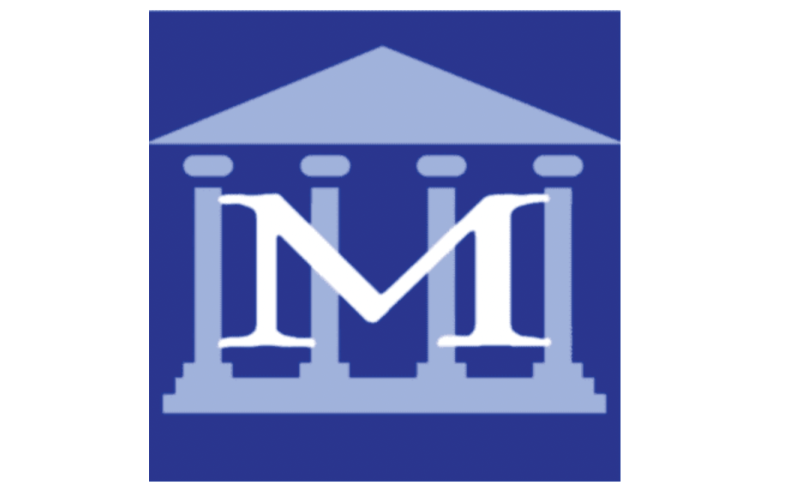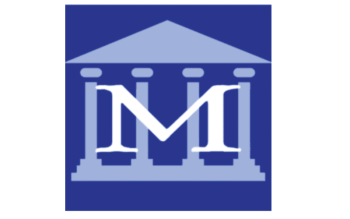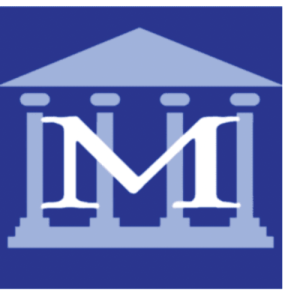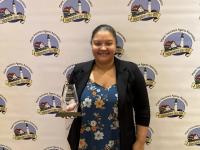International Student Exchange: An example of American Soft Power
International student exchange programs are a great example of soft power in U.S. foreign policy, influencing global perceptions and fostering international cooperation through cultural diplomacy rather than coercion or military might. In an increasingly interconnected world, traditional hard power approaches—such as military interventions or economic sanctions—often generate resentment or resistance.
Conversely, soft power relies on attraction, dialogue, and mutual understanding to shape foreign attitudes and behaviors. Student exchange programs are among the most potent tools in this arsenal, serving as bridges that connect American values with global communities.
These programs, like the Fulbright Program (in which I participated as a Fulbright Scholar to Belgium in 1976-1977) create opportunities for young people from across the globe to experience the United States firsthand, and conversely, for American students to go abroad to form important relationships with young leaders in their host country.
For me, my Fulbright experience has proven pivotal in my life. My area of study at the time was the formation of the European Coal and Steel Community (ECSC) which was the precursor to the European Economic Community (EEC) which is now the European Union (EU). My work was predicated on the theory that the best way to prevent wars, such as World Wars I and II, was through economic integration and interdependence. In many ways, this principle has been a through-line all my life, most especially in the last and most recent phase beginning with my time as Senior Advisor for Entrepreneurship under Secretary Hillary Clinton at the State Department (2009-2011).
That work led to my book Peace through Entrepreneurship, which subsequently led to consulting for over a decade on entrepreneurship ecosystem building in developing countries as well as teaching on this subject (up until last semester at MIT).
This foundational belief in the importance of economics, and especially jobs, in preserving political stability and peace, continues to be one that I wholly embrace. Parenthetically, it is one of the reasons I observe current US policy of withdrawing from/walling ourselves off from much of the world’s institutions promoting interdependence with such alarm.
In my Fulbright year, I learned a fundamental lesson about human nature – essentially that all people wherever they are share the same basic needs and wants. I also developed some relationships that continued to serve me for the next 50 years, not least being connecting with other Fulbrighters all over the world (and in the US) more times than I can remember.
Unlike some forms of soft power that are hard to quantify, international student exchange programs have some well-documented and extremely impressive metrics. The benefits accrue both from US students studying abroad as well as foreign students studying in the US. Just a few examples give a sense of their worth:
- Over 160 countries have participated in the Fulbright Program since it began in 1946.
- Three hundred current or former heads of governments have participated in the Fulbright Program.
- Ten Fulbright alumni have been elected to Congress.
- One hundred forty three out of 582 US billion-dollar startups (roughly 25%) were founded by former international students in the US.
- International students found startups at a rate 8-9 times higher than their US-born peers.
- The average number of jobs created by startups founded by international students in the US is estimated to be between 800-860 jobs per company.
- In the 2023-2024 academic year, international students contributed approximately $43.8 billion to the US economy.
The importance of these programs extends beyond the numbers (though the numbers are important qualifiers). As I learned, these exchange programs provide two-way understanding and most important, person-to-person relationships connecting people across national and political divides. For Americans going abroad (like me), they are often the first “adult” interaction with other cultures, languages, and people. For foreigners coming to the US, they provide first-hand knowledge of some of the things we pride ourselves on being uniquely American: open discourse, equality, rigor of analysis, innovative thinking, and respect for diversity of backgrounds. Most of these attributes so learned, remain a part of their view of Americans (if not necessarily our government as it may change time to time).
Indeed, understanding “liberal democracy” has been shown to promote its spread in the home countries of foreign students with US experience. As an interesting long-term effect of foreign students staying in the US, the Niskanen Center estimated that 50,000 Russian citizens had studied in the US prior to the fall of the Soviet Union. This core group was instrumental in moving Soviet society towards democratic reform.
In conclusion, American international student exchange programs are not just about education; they are strategic assets that exemplify the country’s soft power. They build bridges of understanding, influence perceptions, and foster long-term relationships that align with broader diplomatic goals. As the world navigates complex challenges—from climate change to security threats—these programs remind us that influence can be wielded through trust, friendship, and shared knowledge. In the soft power contest, they remain a shining example of how America can lead not through dominance, but through dialogue and cultural diplomacy.
Steven Koltai was the first (and last) Senior Advisor for Entrepreneurship and creator of the Global Entrepreneurship Program (GEP) at the US Department of State from 2009-2011. Subsequently, as a non-resident Senior Fellow at the Brookings Institution, he wrote “Peace through Entrepreneurship: Investing in a Startup Culture for Security and Development,” Brookings Institution Press 2016. He is a longtime member of the Mid-Coast Forum on Foreign Relations and lives in Lincolnville.
Note: The Mid-Coast Forum is sponsoring its final program on Soft Power on Thursday October 30th at 7pm at the Camden Opera House with a concert by a Silkroad Trio. The performance and discussion are free and open to the public. To register:



























